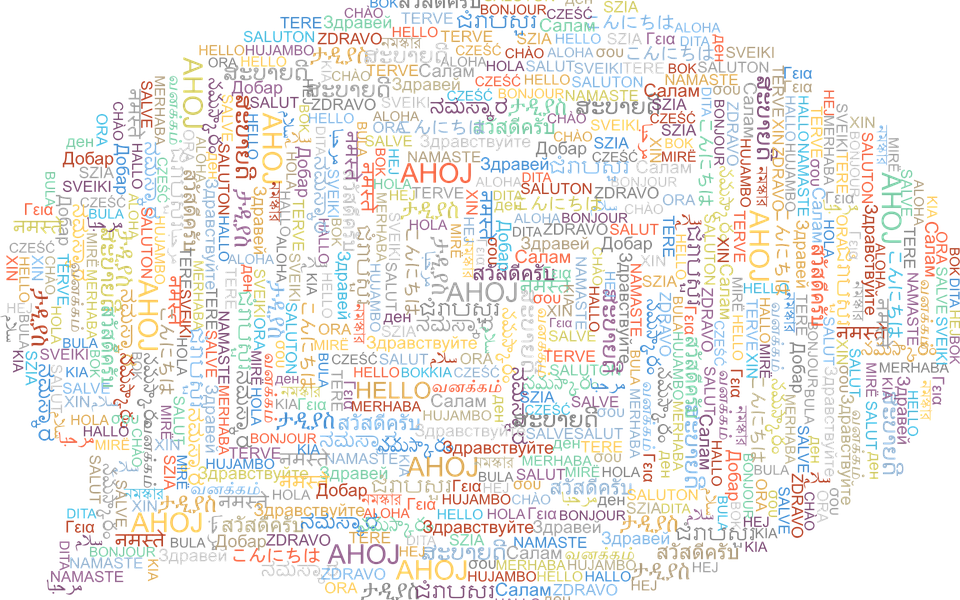Long Beach State plans to introduce a translation studies minor in fall 2019.
In the California State University and University of California systems, there are courses in translation but no institute or center with a focus on translation studies. The translation studies minor is under the Romance German Russian Language department.
The minor will be composed of 15 units. Courses include TRST 201, an introduction to the world of translation, TRST 301, a theory and methods class and TRST 401, a workshop styled course to apply what they have learned on translation projects. Students must also take two electives: a third year of language with an option to test out of it and the second elective can be anything from their own disciplinary major.
The university is also in the works of creating an internship program and post baccalaureate certificate program for translation studies. Two textbooks have been developed and one has been picked up by a publisher.
The Clorinda Donato Center for Global Romance Languages and Translation Studies, set up by the Chancellor’s office on Jan. 21, 2017 and created through a donation from Mario Giannini a supporter of Italian Studies, is hitting its two year mark. It will serve as a research center for Romance Languages and Translation Studies.
Clorinda Donato, the director of the center and a professor of French and Italian, will oversee all of the operations. Manuel Romero, associate director of the center, will assist with the development of courses.
“One of the great things about this minor is that it gives you the baseline understanding and skills and immediately allows you to put together with your major and the language you’re working in,” Donato said.
A term Donato emphasizes is localization, or making products and ideas accessible in the local environment. Translation studies can help market product differently in every country to fit the local language and culture.
According to Donato, audio visual translation, which includes everything from dubbing to subtitles and voice overs, also plays a major role in the world of translation.
A publishing house is also in the works and would function in translating fiction and nonfiction. As of now, the current focus would be in Romance languages but will soon include Asian languages and as many other languages deemed possible. Announcements will be made soon when the publishing house will be made official.
“[With] the courses, students add from their area of expertise,” Donato said. “It is our hope that over time each department will create a special course that links their discipline to translation studies.”
The first course, RGRL 490, an exploration of a specific topic related to language, literature, linguistics, translation, or culture within RGRL, is being offered now as a pilot Mondays and Wednesdays from 3:30 p.m. to 4:45 p.m. in LAB 200. There is still room for students to enroll.
One goal for incorporating translation studies on campus would be creating more courses in technology and translation, audio and video translation, as there is a need to acquire more knowledge in how the software works. Another goal is to become a center which offers translation services, which could generate revenue for the university and provide work for students.
A master’s degree program is another aim for those who already work in the translation industry. Donato said the goal is to create a program with a baseline of three courses in the M.A. level. Students would specialize in a thesis that includes a translation, which would offer the opportunity to have a fully developed course offering.
“Our goal is to allow students to have translation studies work in as great a synergy as possible with their own discipline,” Donato said.




